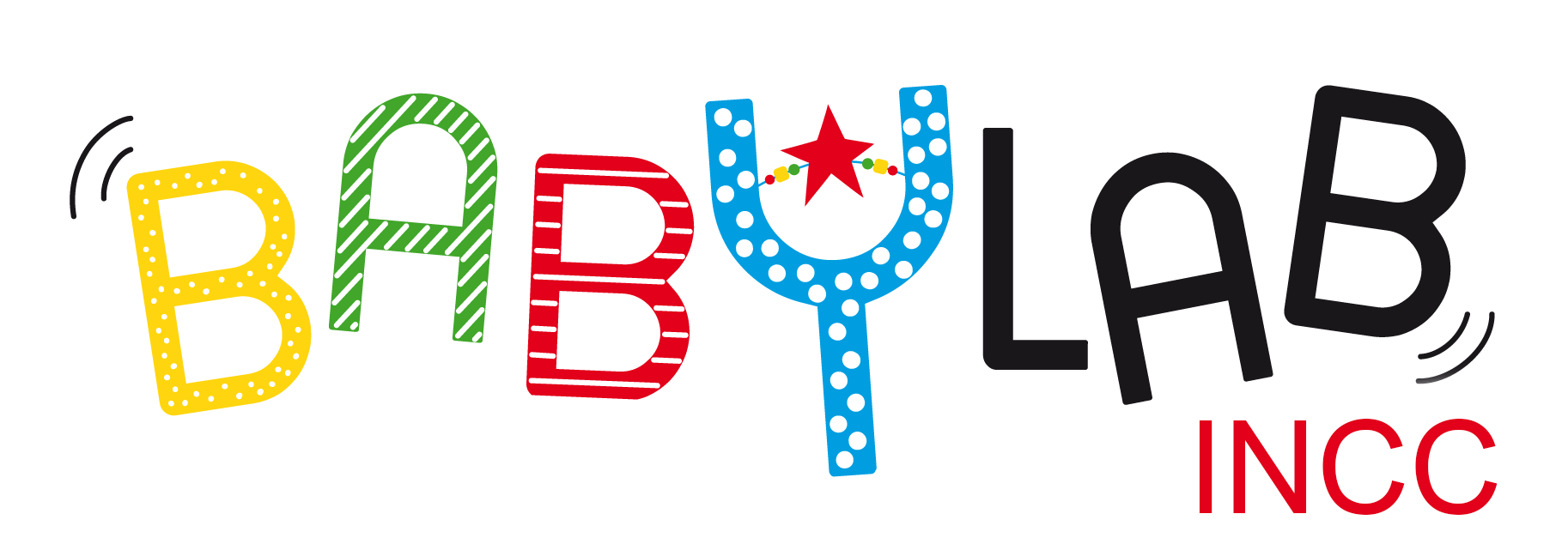It has been shown that phonological information has a very early influence on lexical acquisition and processing. These phonological biases, which emerge during the first two years of life, appear to be stable and pervasive in adult speakers.In this context, this psycholinguistics project aims to study these phonological biases in lexical acquisition and processing in more detail, using a cross-linguistic and cross-developmental approach. We first study the emergence of these phonological biases during development, seeking to understand what phonological properties very young babies know, and how language experience modulates their knowledge. We then seek to characterise the influence of these phonological biases on early lexical processing, whether during the acquisition of new words or the recognition of familiar words. To this end, we are studying French and German infants aged 9, 24 and 30 months. Finally, we are investigating the importance of these phonological biases in adults who have grown up in diverse linguistic contexts, in an attempt to understand how these biases evolve during development and influence the mature processing of language, in French, German and Franco-German bilingual speakers.


